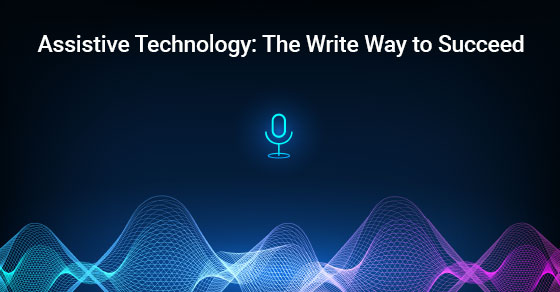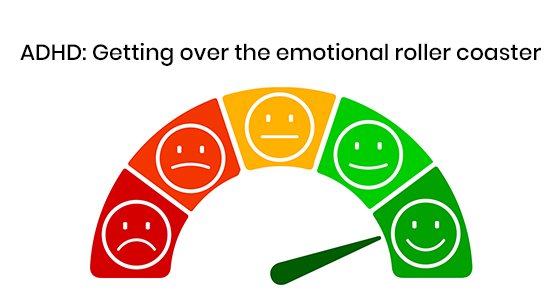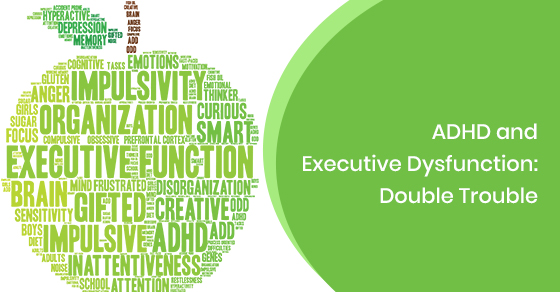Writing is a complex task that requires simultaneous physical and cognitive ability. Our brains are hardwired for the spoken language but are not naturally adapted for writing. For most of us, that’s a skill that needs to be learned, and students who are coping with learning disabilities (LD) will need some extra help. That support usually includes the combined use of direct instruction, strategy instruction, practice, rehearsal, and the use of assistive technology.
The LD Obstacle Course
Students who have a deficiency in visual-motor integration struggle with visual perception and hand-eye coordination. Those with dyspraxia or dysgraphia—disabilities that are frequently prevalent in children who have ADHD—have trouble with fine motor skills and find it hard to control the small muscles in their hands and wrists. Students who experience a disturbance in written expression will also have trouble with spelling, grammar, punctuation, paragraph organization, and sentence cohesion. And students with executive function deficits struggle with motivation, planning, organizing, narrowing down a topic, initiating work, and identifying relevant information.
These types of challenges can impact the mechanics and motor aspects of handwriting, the ability to compose written texts, transcription, note-taking, and testing. Over time, a student’s repeated failure to write effectively can lead to anxiety, frustration, avoidance behaviours (such as lying and lack of motivation), and low self-esteem.
Technology to the Rescue
Neurobiology is a fixed psychological process and students coping with writing disabilities will need lifelong support, as many writing challenges can extend throughout childhood and into adulthood. When paired with a list of step-by-step writing strategies, assistive technology is one of the most effective ways of helping students in the production of written work. It is therefore important to evaluate each child individually and provide training and ongoing support for technology use.
Writing Strategies + Assistive Technology = Success
When used alongside writing strategies, assistive technology enables students to demonstrate what they know and what they can do and should be used consistently for all writing assignments, note-taking, projects, and tests. Examples of helpful tools include text-to-speech software, graphic organizers, note-taking programs, and word prediction and proofreading software. Without this support, students will struggle with the enormous demands placed on their working memory in trying to overcome their disabilities—demands that force them to focus on the act of writing at the expense of higher-level academic work and critical thinking.
Evoke Learning can help students identify effective, individualized approaches to writing based on their needs and strengths and determine the types of technological “scaffolding” they need to progress with their written assignments. Contact us to learn more about our Academic Writing Strategies program and related support services.



